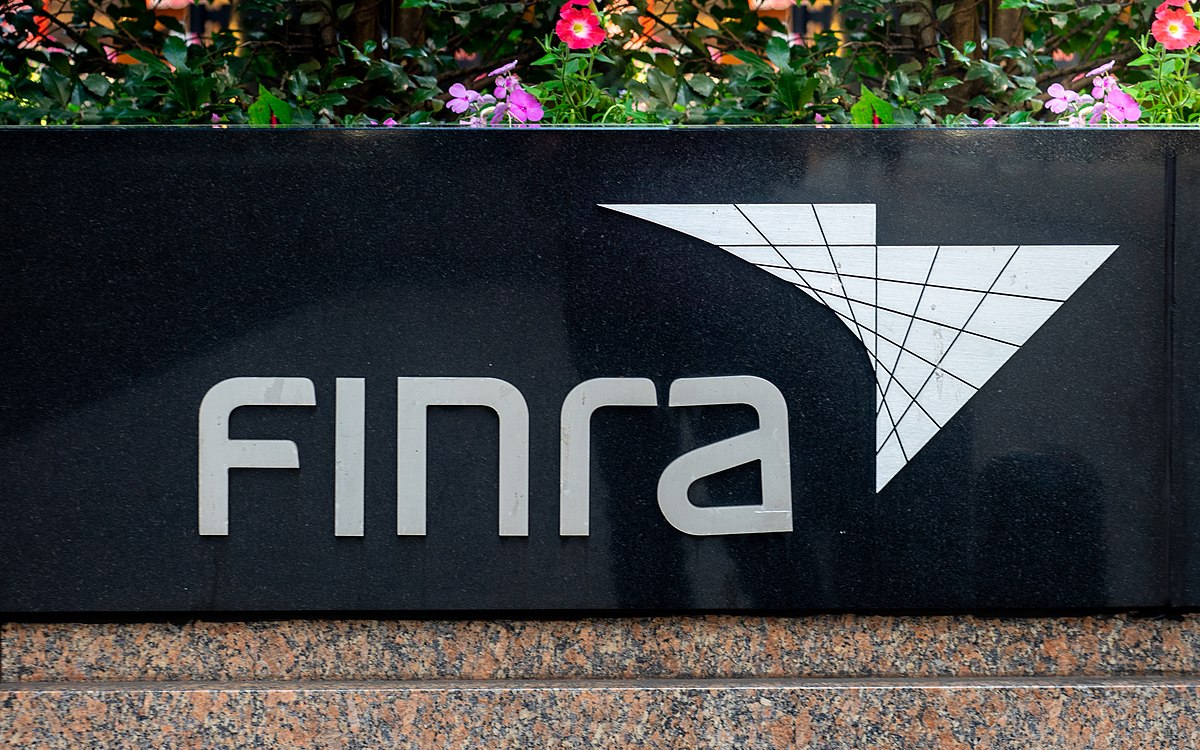
FINRA announced today that it has fined Interactive Brokers LLC $15 million for widespread failures in the firm’s anti-money laundering (AML) program, which persisted for more than five years. As part of the settlement, FINRA also required Interactive Brokers to certify that it will implement the recommendations of a third-party consultant to remedy the firm’s AML program failures. Also today, the Securities and Exchange Commission, and Commodity Futures Trading Commission announced disciplinary actions fining Interactive Brokers $11.5 million for AML failures, resulting in more than $38 million in total fines and other penalties.
From January 2013 through September 2018, Interactive Brokers experienced dramatic growth—it became one of the largest electronic broker-dealers in the United States based on shares traded, and it cleared transactions for more foreign financial institutions than any other broker-dealer in the United States. However, FINRA found that, in spite of that growth, Interactive Brokers failed to dedicate the resources necessary to meet its AML obligations. In particular, FINRA determined that Interactive Brokers failed to meet its AML obligations because of various shortcomings, including the following:
- Interactive Brokers did not reasonably surveil hundreds of millions of dollars of its customers’ wire transfers for money laundering concerns. Those wires included millions of dollars of third-party deposits into customers’ accounts from countries recognized as “high risk” by U.S. and international AML agencies.
- Interactive Brokers did not reasonably investigate suspicious activity when it found it because it lacked sufficient personnel and a reasonably designed case management system. Even after a compliance manager at the firm warned his supervisor that “we are chronically understaffed” and “struggling to review reports in a timely manner,” it took Interactive Brokers years to materially increase its AML staffing or augment its AML systems.
- Interactive Brokers failed to establish and implement policies, procedures, and internal controls reasonably designed to cause the reporting of suspicious transactions as required by the Bank Secrecy Act (BSA). In certain instances, the firm’s AML staff identified suspicious conduct, including manipulative trading and other fraudulent or criminal activity. But the firm only filed Suspicious Activity Reports (SARs) regarding that suspicious conduct after it was prompted to do so by FINRA’s investigation.
As a result of these failures, Interactive Brokers did not reasonably surveil, detect, and report many instances of suspicious activity that were Ponzi schemes, market manipulation schemes, and other misconduct.
Jessica Hopper, FINRA Executive Vice President and Head of Enforcement, said, “Today’s action is a reminder that member firms must tailor their AML programs to the firms’ business model and customer base, and also dedicate resources to programs commensurate with their growth and business lines. FINRA will continue to take steps to ensure that firms comply with their obligation to monitor for, detect and report suspicious activity.”
In its 2020 Risk Monitoring and Examination Priorities Letter, FINRA highlighted AML as an area of concern and noted it will assess firms’ compliance with FINRA Rule 3310. Firms can also review FINRA’s Examination Findings Reports to understand FINRA’s areas of concern related to AML and FINRA provides guidance and offers compliance training to firms about their AML compliance obligations.
In determining the appropriate sanction, FINRA considered the meaningful steps that Interactive Brokers took after the commencement of FINRA’s investigation to remediate its AML program.
In settling this matter, Interactive Brokers neither admitted nor denied the charges, but consented to the entry of FINRA’s findings.
FINRA appreciates the assistance of the Securities and Exchange Commission and the Commodity Futures Trading Commission.






